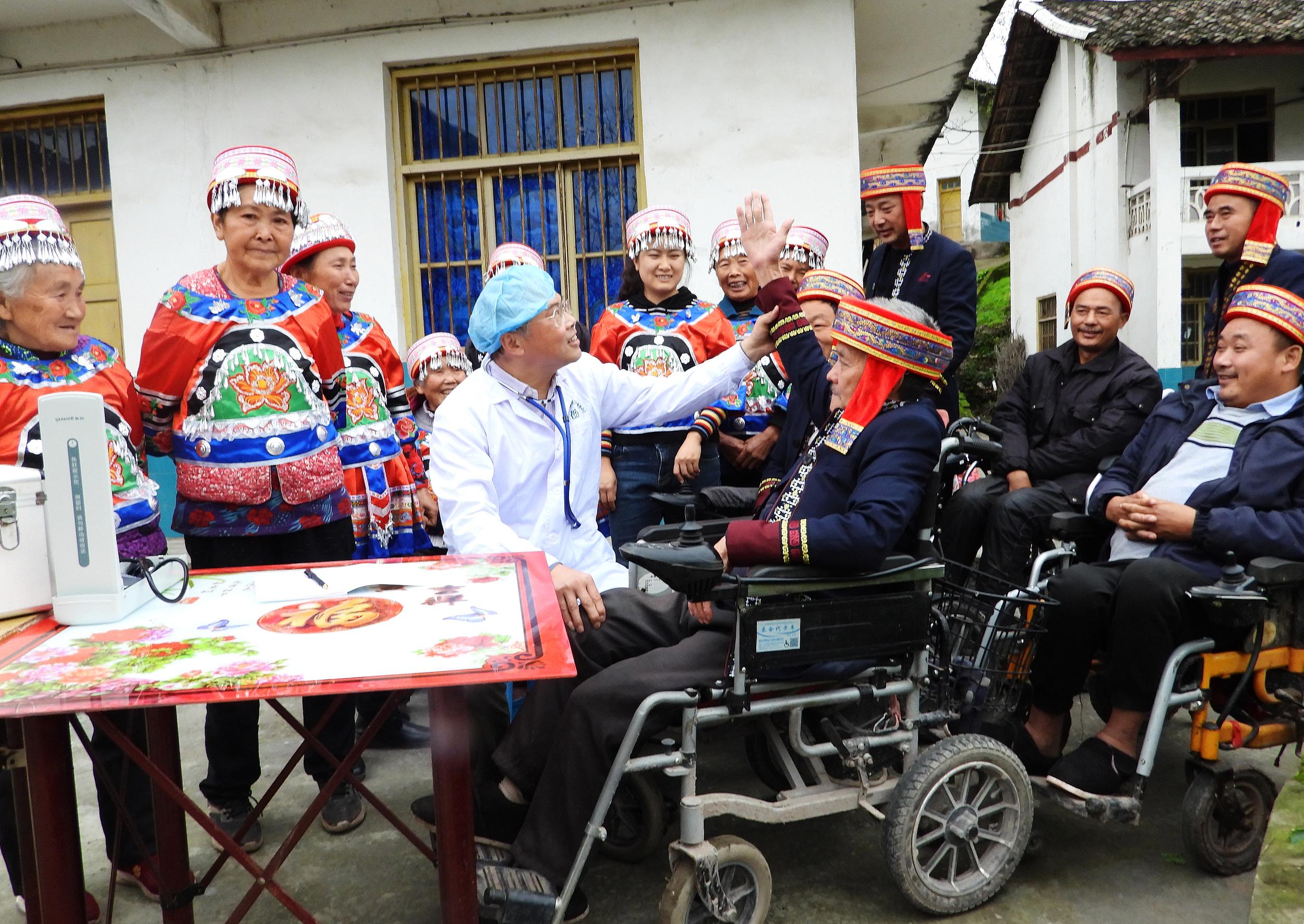Rural Health Services Set for Upgrade

A comprehensive roadmap for transforming the rural health landscape is the base of a new set of guidelines by the China National Health Commission and 13 other related departments.
Aiming to provide rural residents with easy access to high-quality affordable healthcare services by 2030, and reduce the disparity in health services between urban and rural areas by 2035, the guidelines come after years of progress in alleviating poverty and ensuring basic medical care for rural residents.
The guidelines are part of a broader initiative to ensure that rural residents can enjoy the same level of healthcare services as those in urban areas.
To achieve these objectives, the guidelines propose several key measures:
•Strengthening healthcare infrastructure: This includes upgrading healthcare facilities and equipping them with advanced technology to improve diagnostic capabilities and treatment options.
•Enhancing public health services: Actions will be taken to strengthen the prevention and treatment of key infectious, endemic, and parasitic diseases in rural areas and improve a fully functional disease control network that integrates urban and rural areas.
•Offering health services for key groups: Early screening and detection of cancer and other diseases will be expanded to more rural residents, and targeted healthcare services will be provided to pregnant women, children and the elderly.
•Promoting healthy lifestyles: Initiatives will focus on educating villagers about the benefits of healthy eating, regular exercise, and preventive care.
•Advancing digital healthcare: Online consultations will be expanded to reach remote areas, ensuring that expert advice is available regardless of location.
•Integrating traditional and modern medicine: Traditional Chinese medicine will be integrated with contemporary medical practices to offer a holistic approach to healthcare. More than 80 percent of village clinics are expected to provide traditional Chinese medicine services.
•Improving environmental health: Efforts will be made to improve living conditions and protect the environment in rural areas, reducing the incidence of diseases linked to poor sanitation and pollution.
•Developing health industries: Rural communities are encouraged to explore and develop rural health industries including the elderly care, rural tourism, and Chinese herbal medicine planting and processing.
The guidelines represent a significant step towards realizing the vision of a healthier, more equitable China. By addressing the needs of rural people, it will help accelerate the realization of the "Healthy China" initiative.






